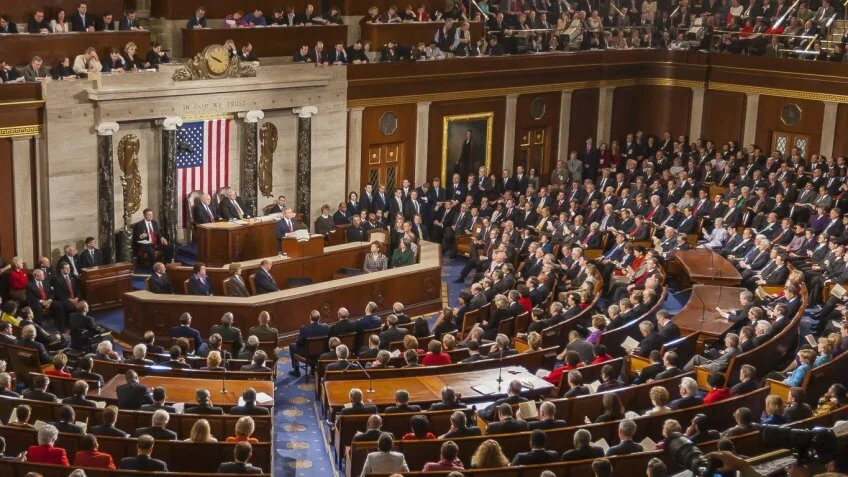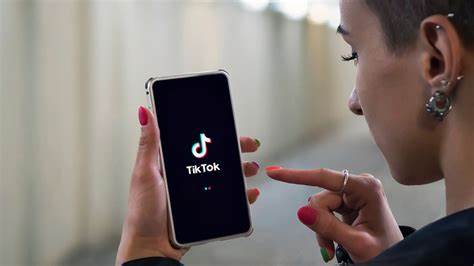
The US government has recently approved a ban on the use of TikTok on federal government-issued devices, following a series of investigations into the surveillance practices of the app’s Chinese parent company, ByteDance. With the interagency Committee on Foreign Investment in the United States (CFIUS) demanding that ByteDance divest from TikTok or face a nationwide ban, the future of the popular app remains uncertain. This article delves into the implications of the ban, the reasons behind the US government’s actions, and potential ways for TikTok to save itself.
Historically, the US has expressed concerns over the national security risks posed by TikTok due to its Chinese parent company, ByteDance. The fears stem from the potential for the Chinese government to access valuable private information about US citizens or manipulate civic discourse through the app.
The recent reports of ByteDance employees accessing US TikTok user information and the company’s alleged surveillance of American journalists have only intensified the scrutiny.
Much like a phoenix rising from the ashes, TikTok has the opportunity to emerge stronger and more resilient if it can address the challenges laid before it. By proactively working to allay national security fears and embracing a more transparent approach, the company may yet soar to new heights, proving that it can adapt and flourish under scrutiny.
The current ban on government-issued devices has sparked a heated debate on the potential implications for both the US and TikTok. As lawmakers and privacy advocates argue about the app’s potential threat to national security, TikTok faces an uphill battle to maintain its presence in the US market.

Government-owned devices, often used by federal employees or officials, typically have access to sensitive information and secure networks. These devices may contain classified data, internal communications, or critical infrastructure details, which makes their security a top priority for the government.
Government agencies implement strict security protocols to protect the information on these devices and the networks they connect to. These protocols can include encryption, multi-factor authentication, and frequent software updates to prevent unauthorized access or data breaches.
Given the sensitive nature of the information these devices may hold, the government is especially cautious about the applications installed and used on them. The potential for data leakage, unauthorized access, or espionage from foreign actors is of significant concern, which is why apps like TikTok, with perceived security risks or connections to foreign governments, are often restricted or banned on government-issued devices
For TikTok, the ban could lead to a loss of users, diminished advertising revenue, and potential brand damage. Additionally, if other countries follow suit with similar bans, the app’s global reach could be significantly impacted. However, TikTok has proposed a solution known as Project Texas, which aims to house US user data in domestic servers managed by a US-based team subject to government oversight.
For the US, the ban may exacerbate the ongoing technology war with China, leading to retaliation from the Chinese government. Furthermore, some argue that such bans based on foreign ownership could harm US businesses in the long run, as other countries might seek to block US online services over similar national security concerns.

Drawing parallels to the past, the US government has had a history of scrutinizing foreign-owned technology companies over national security concerns. Huawei, for instance, has faced numerous restrictions, including being placed on the Entity List, which limits its access to US technology and software.
To save itself from further restrictions, TikTok needs to address the US government’s concerns by ensuring transparency, implementing robust privacy and security measures, and cooperating with official investigations. If the company can demonstrate its commitment to protecting user data and preventing misuse, it might be able to regain the trust of US authorities and avoid a nationwide ban.
In conclusion, the future of TikTok in the US teeters on a tightrope, with the looming threat of a nationwide ban and a skeptical government that demands increased transparency and security measures. As TikTok navigates the stormy waters of privacy concerns and geopolitical tensions, it finds itself at a crossroads.

Much like a phoenix rising from the ashes, TikTok has the opportunity to emerge stronger and more resilient if it can address the challenges laid before it. By proactively working to allay national security fears and embracing a more transparent approach, the company may yet soar to new heights, proving that it can adapt and flourish under scrutiny.
Ultimately, the fate of TikTok in the US serves as a cautionary tale for other tech companies operating in a world where global politics and digital privacy are increasingly intertwined. The power dynamics in this digital landscape are ever-shifting, and only those who can strike a delicate balance between innovation, security, and transparency will survive and thrive in the long run






